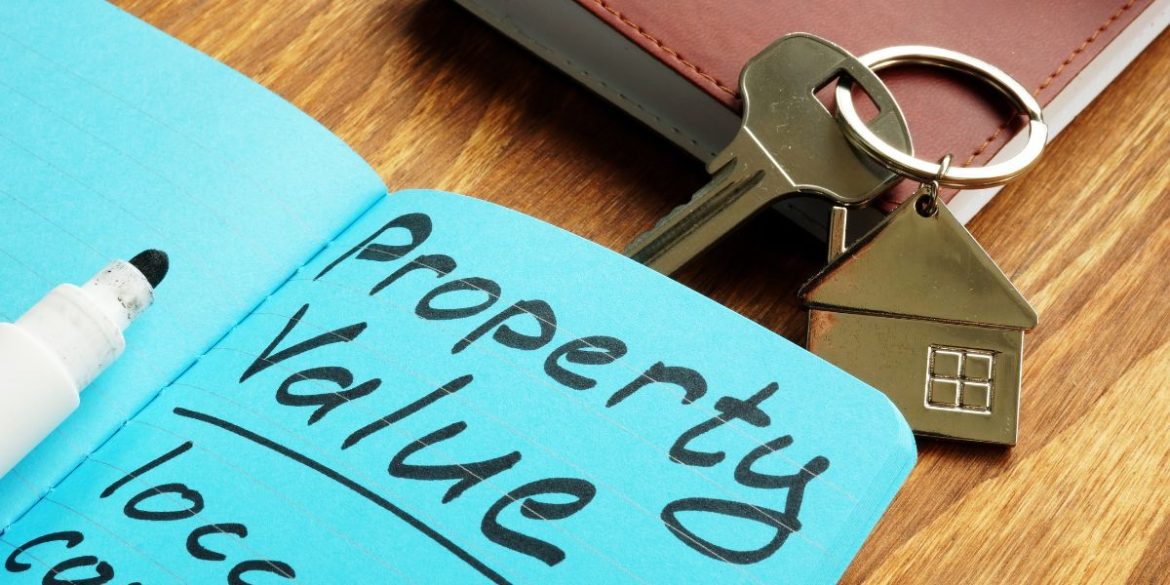Owning property, whether it's a home or an investment building, can be a significant financial commitment. Many property owners, especially new ones, focus primarily on the upfront costs of purchasing property, such as the mortgage, taxes, and insurance. However, one of the most overlooked expenses is property maintenance. To avoid spending their time on the technical aspects of property upkeep, many owners hire expert property management companies. These companies handle the day-to-day maintenance tasks, ensuring that properties are well-kept and allowing owners to focus on other priorities. Regardless of whether maintenance is handled by a property owner or a professional service, consistent upkeep is crucial for saving money in the long run. In this article, we’ll explore how regular property maintenance not only preserves the value of your property but also reduces long-term expenses.
Preventing Costly Repairs
The most immediate benefit of regular property maintenance is the prevention of costly repairs. For example, simple tasks like checking and cleaning gutters prevent water from seeping into your roof, which could result in extensive and expensive damage over time. Regularly inspecting and maintaining the plumbing system ensures that minor issues, such as leaks, are fixed before they escalate into burst pipes or mold infestations.
By addressing small problems early on, property owners avoid the need for major repairs, which can cost thousands of dollars. A roof inspection, for instance, might reveal minor damage that can be repaired for a few hundred dollars. Neglecting that damage, however, could lead to leaks that require an entire roof replacement, costing significantly more.
Maintaining Property Value
Regular maintenance also helps preserve, and sometimes even increase, the value of a property. A well-maintained property is more appealing to potential buyers or tenants, making it easier to sell or rent at a competitive price. If you plan to sell your property in the future, the condition of the house or building will play a major role in determining its market value.
For instance, maintaining a functional HVAC system, ensuring the structural integrity of the building, and keeping the interior in good shape are all key factors in maintaining property value. A prospective buyer or tenant is less likely to be interested in a property that shows signs of neglect, such as cracked walls, leaking roofs, or faulty electrical systems.
Energy Efficiency and Lower Utility Bills
Another way that regular property maintenance saves money is by improving energy efficiency. Over time, wear and tear on appliances and systems like the HVAC or water heater can cause them to work less efficiently, leading to higher utility bills. By keeping these systems well-maintained, you can ensure they operate at peak performance and consume less energy.
For example, cleaning air filters, sealing windows and doors, and servicing the heating and cooling systems are small maintenance tasks that can significantly reduce energy consumption. In turn, this lowers monthly utility bills and extends the life of your appliances.
Additionally, modern energy-efficient upgrades, such as installing LED lighting or improving insulation, not only save on energy costs but may also qualify for tax credits or rebates, providing even more financial benefits.
Extending the Life of Property Components
Everything in a property has a lifespan, from the roof to the plumbing to the appliances. Regular maintenance can extend the life of these components, allowing property owners to get the most out of their investments. For example, regularly cleaning and servicing your water heater can extend its life by several years, delaying the need for a costly replacement.
Similarly, regular care of the building's exterior, such as painting or siding maintenance, helps prevent weather-related damage, such as rot or mold growth. This reduces the likelihood of needing expensive repairs or replacements in the future. With proper upkeep, property owners can avoid premature replacements, saving thousands of dollars over time.
Avoiding Legal and Safety Issues
Failing to maintain a property can also lead to safety hazards, which can result in expensive legal fees or fines. For example, landlords are required by law to keep their rental properties safe and habitable. If a tenant is injured due to negligence, such as a malfunctioning fire alarm or faulty wiring, the property owner may face costly legal action.
Moreover, regular property maintenance helps ensure compliance with local building codes and regulations. If an inspection reveals violations, property owners may have to pay fines and perform urgent, costly repairs to bring the property up to code. By performing routine inspections and staying on top of necessary maintenance, owners can avoid these unnecessary expenses.
Increasing Rental Income
For property owners who rent out their properties, regular maintenance is essential for keeping tenants satisfied and willing to pay higher rents. Well-maintained properties can command higher rental prices, as tenants are willing to pay more for properties that are safe, functional, and visually appealing.
Furthermore, routine maintenance can lead to fewer vacancies. Tenants are more likely to renew their leases and stay long-term if they feel the property is well taken care of. Avoiding tenant turnover not only saves money on marketing and tenant screening but also reduces the wear and tear associated with frequent move-ins and move-outs.
Seasonal Maintenance and Long-Term Savings
One of the most effective ways to ensure your property stays in good condition is by adhering to a seasonal maintenance schedule. Many maintenance tasks, such as clearing gutters, inspecting the roof, or preparing the HVAC system for winter, should be done seasonally to prevent damage from harsh weather conditions.
By sticking to a seasonal maintenance plan, property owners can anticipate potential problems before they occur, reducing the likelihood of surprise expenses. For example, preparing pipes for freezing temperatures in the winter can prevent them from bursting and causing significant water damage. Seasonal maintenance ensures that properties are prepared to withstand changing weather conditions and reduces the need for emergency repairs.
Tax Benefits of Property Maintenance
In some cases, the cost of maintaining a property can be deducted from your taxes. For rental property owners, regular maintenance expenses are often considered deductible, reducing the overall taxable income from the property. Common deductible maintenance costs include repairs, pest control, lawn care, and routine services like HVAC inspections.
Consulting with a tax professional can help property owners understand which maintenance costs qualify for deductions, further reducing the financial burden of upkeep.
While it may be tempting to delay or avoid property maintenance to save money in the short term, this approach often leads to higher costs down the line. Regular property maintenance is an investment that pays off by preventing costly repairs, maintaining property value, improving energy efficiency, and increasing rental income. By staying proactive, property owners can protect their assets, avoid legal complications, and enjoy long-term financial savings. In the end, regular maintenance is not just about preserving the condition of the property but about saving money in the long run.
